
The third installment of the LJR glossary of journalistic expressions introduces words and terms such as bastidor, trascendió, vazamento, leak, filtración, trial balloon, borrego and rowback, among others

Second version of LJR's internal glossary of journalistic expressions used to translate the magazine's articles.
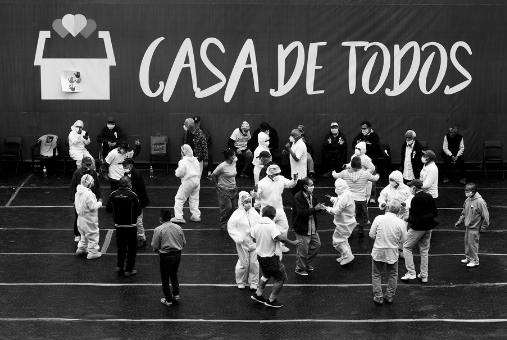
With a podcast, book of crónicas with thoughtful photographs and a mini-documentary in Spanish with an English version, the publishing house of the Peruvian University of Applied Sciences (UPC, for its acronym in Spanish) tried to portray the dignity of eleven men by telling their stories.
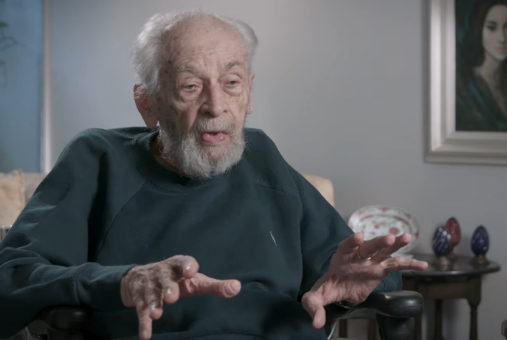
Documentary reconstructs moments of persecution suffered by journalist Hélio Fernandez, owner of newspaper Tribuna da Imprensa, under Brazil’s military dictatorship. Today, at the age of 100, Fernandes still writes daily on his blog and on Facebook.
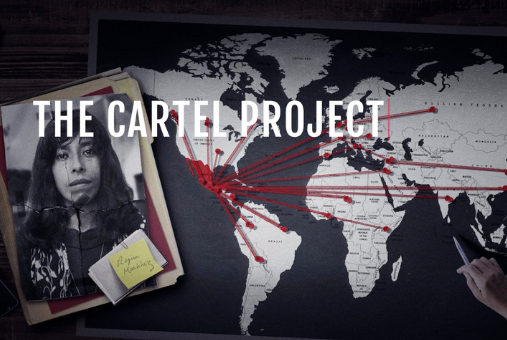
Sixty journalists from 25 media outlets in 18 countries got involved in The Cartel Project, which investigated the vested interests behind the murders of journalists who covered violence and organized crime in Mexico.
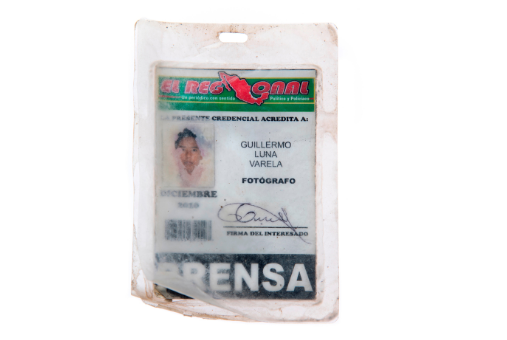
Proyecto Vestigios launched on December 6. This photojournalistic project was created by Félix Márquez of Veracruz, Mexico, and tells the story of seven journalists murdered in his state between 2011 and 2015.
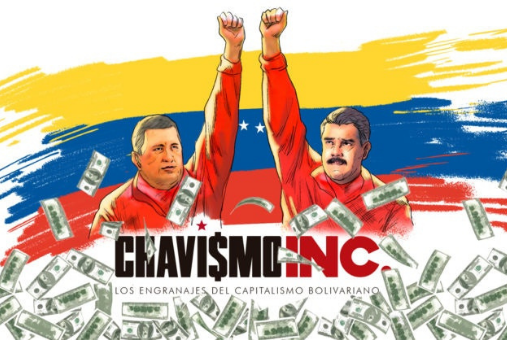
This round-up highlights some of the top investigative stories produced in Spanish by Latin American media outlets in 2020. Deep-dive investigations into important but often overlooked topics: stories about femicides in Mexico, COVID-19’s impact in the Amazon, and Latin America’s untold migrant chronicles.
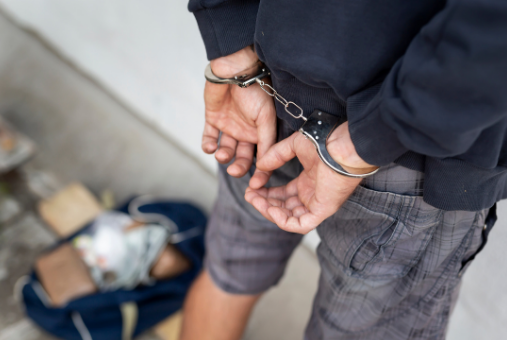
InSight Crime is a hybrid organization, “part media, part think tank and part academic research institution,” as the founders describe it. Its focus is organized crime that runs through much of the Americas.
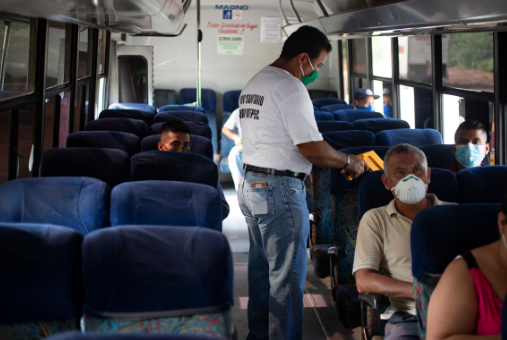
Between July and August this series of Quinto Elemento Lab, “Migrar bajo las reglas del COVID”, managed to answer a piece of the puzzle: what was happening with the migrants?
ProPublica and its media allies in Latin America and the U.S. have asked the public to submit information about detained immigrants through online forms that feed a database shared with participating media.
Journalist Thiago Antunes was working in the newsroom of newspaper O Dia on Nov. 28, 2015 when news broke at dawn: 111 shots from rifles and pistols were fired by the military police at five youths in the Lagartixa favela in Costa Barros, a poor neighborhood of Rio de Janeiro’s northern zone.
At least twenty journalists were killed in a plane crash late in the night of Nov. 28 near Medellín, Colombia. The group was accompanying a delegation from the Brazilian soccer team Chapecoense. The team, from the city of Chapecó in southern Brazil, was traveling to play its first match of the final of the South American Cup.